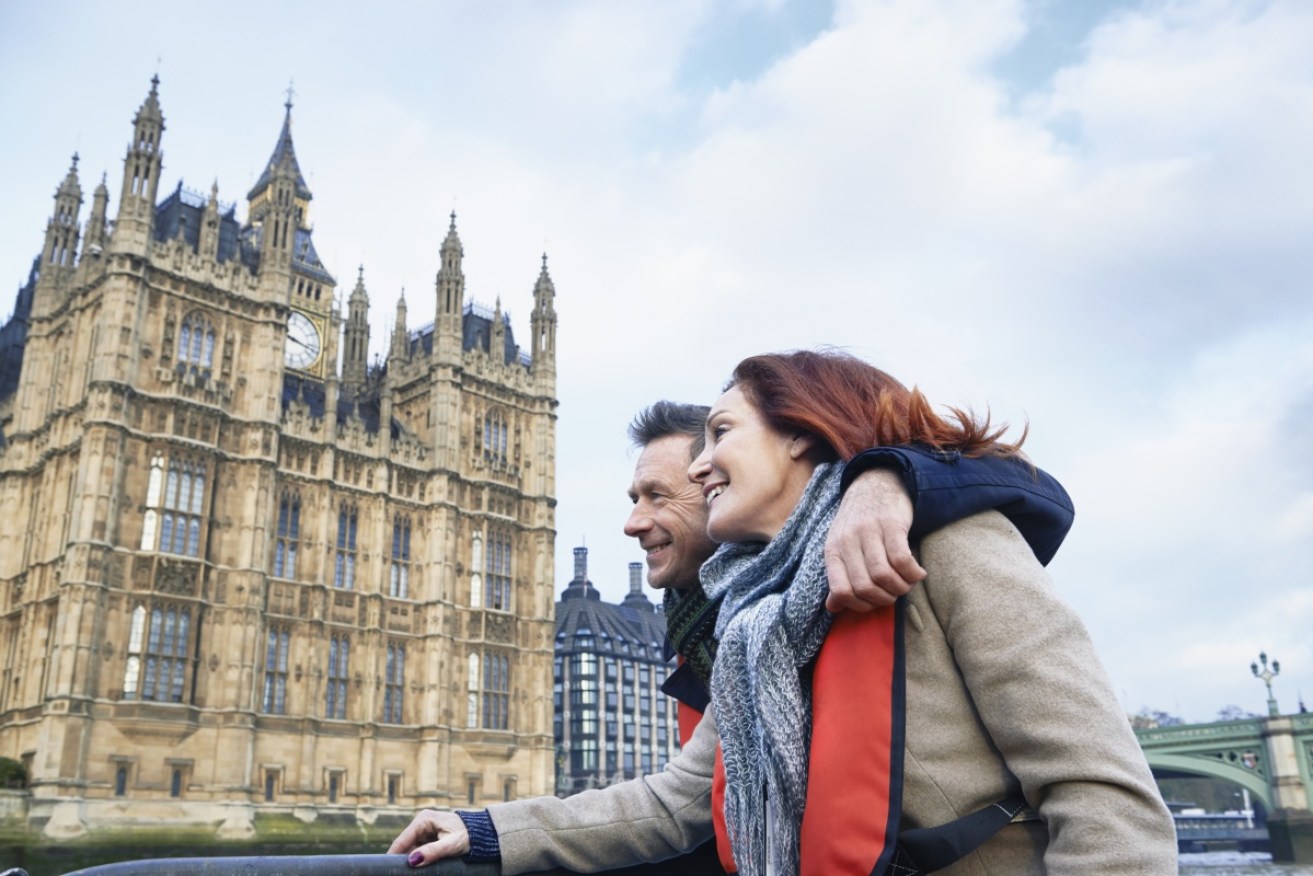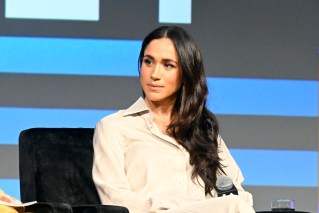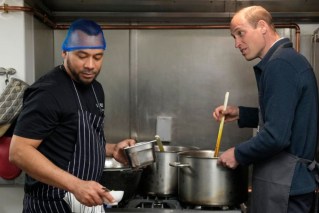Bucket list blues: Holidaying Australians overspending on credit


Spending up big on overseas travel. Photo: Getty
The summer holidays are coming – and boy, are we in need of an overseas getaway! It’s been a hell of a year just paying off the nearly $1 billion that Australians overspent on their last time abroad.
With credit card overuse on the rise, we’re bound to do an even better job taking on greater financial and emotional stress. We certainly need to be refreshing our spirits on the relaxing, welcoming shores of somewhere glamorous, or at least rich with the colour and movement of different climes.
Commonwealth Bank research, drawing on 2014-2015 ABS figures, found that of the 9.2 million people who took an overseas trip, a third of them spent more money than they had planned.
The accumulating total overspend of more than $900 million, showed that, really, they hadn’t planned at all.
According to CommBank, we spend an average seven months excitedly planning a trip – where to go, what to do – but no more than an hour on a budget.
CommBank, Westpac and financial planning companies have been banging the gong for a number of years – as a way of marketing travelcard and other money-saving products, notably to do with currency exchanges.
CommBank said that the average overseas trip costs Australians $4750 per person, with 24.8 per cent overspending by up to 10 per cent (an average overspend of $240), and 8.5 per cent overspending by more than 10 per cent (an average overspend of more than $475).
It may not seem devastating, but on a family trip, it adds up – and puts a further bale of straw on the camel’s back when it comes to Christmas.
Why do we do it to ourselves?
So why do we make life harder for ourselves, at a time when we’re meant to be taking it easy?
Australians aren’t the only guilty party. The UK and US media have reported that its citizens are likewise overspending on their holidays.
Some common reasons, all of them suggesting we look for any excuse to have a blowout, are as follows: Big currency differences trick us into thinking we’re rich!
This is pure drongo-ville, but true.
An Aussie dollar will get you 26.21 Thai Baht this week. Carry $A200 worth in your wallet and in your mind, it’s whoa: 5242 TBH! Take the same $A200 to Indonesia, and you’re an instant multi-millionaire with 2,122,968 Indonesian Rupiah.
A 2006 paper, On the Perceived Value of Money: The Reference Dependence of Currency Numerosity Effects, published in the Journal of Consumer Research found that “money illusion research shows that the nominal (face) value of money affects consumer perceptions of its real value”.

The Australian dollar has been riding high.
Recent mixed findings on consumer valuations in different currencies suggest that the underlying anchoring and adjustment processes are complex.
How complex can it be to remember you’ve got $200 in your wallet? Malleable mental accounting. The short version: where you mentally write-off holiday purchases such as fancy dinners, drinks and local transport costs as things you’d have to pay for at home, as everyday expenses.
A rhythm sets in and all budget discipline goes down the drain. Research finds that we keep mental accounts, with good intentions of limiting spending – but a creative aspect comes to play when we’re presented with temptation.
Feeling pressed for time in a now-or-never type of situation can also influence your spending, says Deepak Chhabra, an associate professor at Arizona State University who specialises in tourism.
The once-in-a-lifetime factor
There’s a good reason why legendary name cafes and bars in Venice charge $20 or more for a cup of coffee – because the proprietors know tourists are suckers for a memorable experience over good sense.
At home you’d be saying “we can’t afford this” – but on holiday we see splurging as an opportunity: “We’ll never have this chance again.”
Follow that logic every couple of days on your European tour, and your next credit card statement will attain the gravity and discomfort of a colonoscopy.
Competitive sharing and fear of missing out
It might be unfair to say this is exclusively a millennials issue, but research suggests that social media is a factor driving that age group to take overseas trips. Those trips are rich with expensive experiences, for the sake of belonging and matching their peers, because they value experiences (travel entertainment) more than older generations.
But “Look at me, I’m wearing a sombrero!” can too easily become, “Look at me, I’m living back at home!”.
Until they can save some money and go on another holiday.








